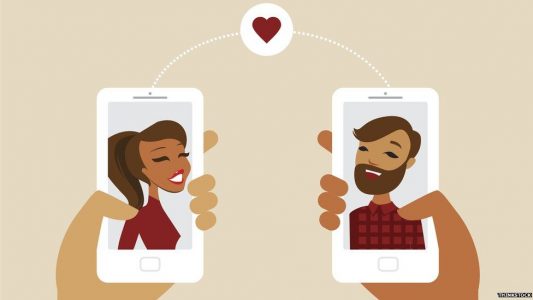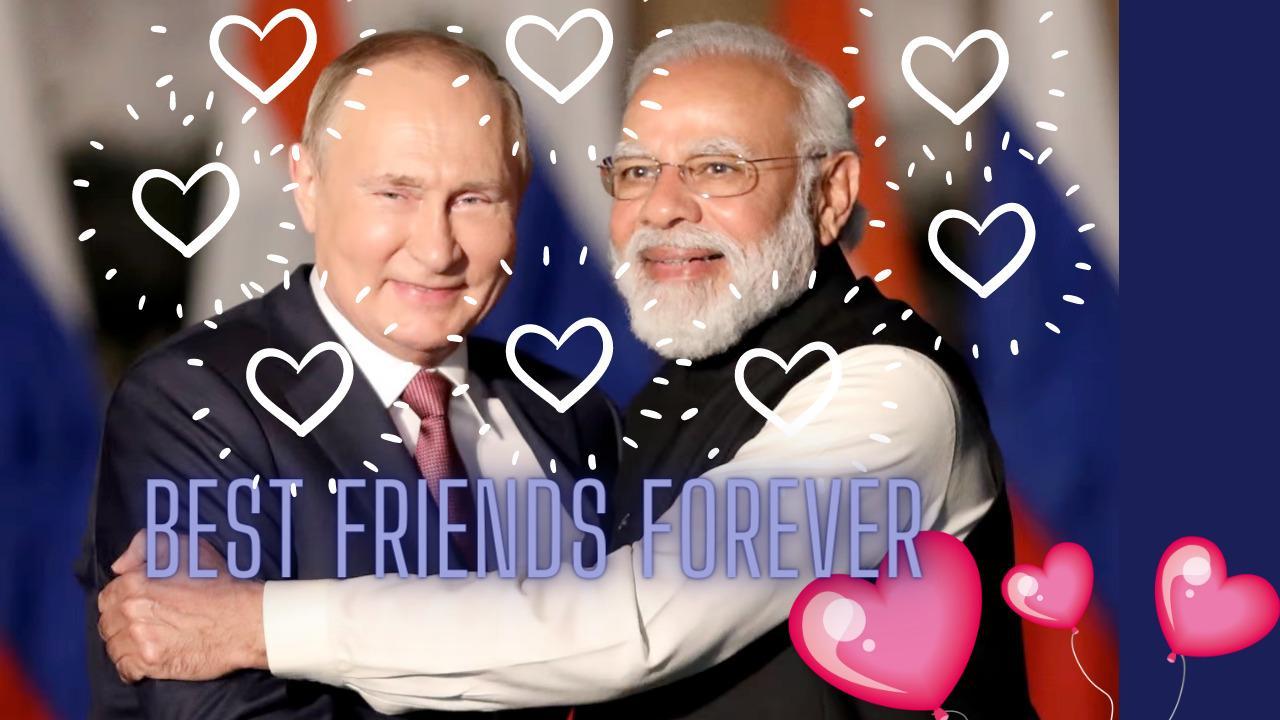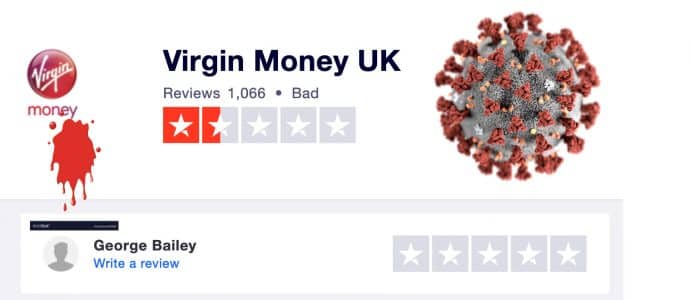Will Online Dating Help You Find Your Fairy-Tale Ending? - Dispatch Weekly
July 24, 2018 - Reading time: 6 minutes

Whether you are a big believer in monogamy or somebody that enjoys the single life, I think everyone can agree that dating is rarely as simple as a Hollywood romantic comedy. There are always the bad dates, then the horrific ones and of course – ‘the one that got away’.
10 or 15 years ago, dating was very simple but limited. It was limited in the sense that you could only really meet people in the same postcode or school/university area, and you would tend to date a ‘friend of a friend’.
However, it’s 2018 and we are very much accustomed to the phenomenon that is online dating. It was the introduction of Match.com in 1995 that broke the deadlock, with sites such as OKCupid, eHarmony and Tinder following closely behind. An MIT Technology Review article researched that ‘more than one-third of marriages start online’.
This demonstrates the huge impact that technology has had on all aspects of our life, even dating. It seems as if a spontaneous first meeting in a small book shop has become something of the, ‘good old days’. And it’s actually online dating that has detached the spontaneity from dating.
 Online dating gives each user the opportunity to view their potential date’s profile; they can look over their age, where they are from, likes and dislikes. However, it’s this ‘profile’ of each user that comes into question. It’s highly uncommon to view a genuine profile of a person, most profiles contain a, ‘better image’ of the actual person.
Online dating gives each user the opportunity to view their potential date’s profile; they can look over their age, where they are from, likes and dislikes. However, it’s this ‘profile’ of each user that comes into question. It’s highly uncommon to view a genuine profile of a person, most profiles contain a, ‘better image’ of the actual person.
However, there can be no doubting the huge benefits that have derived from the online dating revolution. Interracial marriage has seen an increase – this is because dating websites are simply adding random links between ethnic groups, and it’s the common principle of wanting to find love that matches these people.
Many dating websites have tried and most have failed, but some have stuck around; fixed to a particular niche of the online dating market. eHarmony targets an audience that predominantly want a long-term relationship. eHarmony wants lots of data about each individual; their likes and interests, etc. Then each profile is plugged into a giant complicated formula and ‘ta-da!’ you have a compatible match. ‘The brains behind the butterflies’ is eHarmony’s motto, but can you ever really formulise love?
Tinder is another dating app, but with a very different concept. A user must create a profile which includes a picture, their name, age and a brief description about them. Tinder then presents you with an unlimited amount of people within your proximity and you simply swipe right if you like them, and left if you don’t. It could be said that Tinder is mostly used for casual dating, but I guess you never know when where you might find, ‘the one’.

A new app on the online dating scene is Wingman – clue’s in the name. Wingman gives the singleton’s friend all the power. Their ‘wingman’ creates a profile about them and connects with other wingmen that are looking for potential partners for their friend. If your friend gets rejected, then they never have to know about, but if they get a match then great! After all, it’s common knowledge that friends always know what’s best for you.
With an increasing number of young adults signing up to these dating websites, there has also been an unfortunate rise in the number of sexual offences associated with it. A BBC article said that there’s been an increase of 151 sexually committed offences linked with online dating within the space of 5 years. Day by day, online dating websites are trying to prevent this from happening, but there are also steps that an individual can take to stay safe when online dating, also covered in the BBC article.
Online dating has changed the way we communicate, the way we act and for most – the way we date. Opinions are split on online dating; for some people, online dating has helped them connect with others they might never have had the opportunity to meet, it’s allowed less confident people to really experience the dating life. And MIT have found evidence that, ‘married couples who meet online have lower rates of marital breakup than those who meet traditionally’.
However, on the other side of the bridge there’s Mariella Frostrup from the Guardian that disagrees with the whole online dating process. She believes that a break from an, ‘online pursuit of a partner’ is most beneficial. Using the ‘time to pursue activities and focus on friendships will bring you pleasure and long-term success’.
It could be said that Frostrup’s view is unrealistic but then we circle back to the same debate of – being happily single or desperate for love. Online dating is far from traditional, but in this digital age – very few aspects of life are now, ‘traditional’. Therefore, maybe it’s not such a terrible idea to have a go at online dating – you never know where you might find ‘the one’.

DW Staff
David Lintott is the Editor-in-Chief, leading our team of talented freelance journalists. He specializes in covering culture, sport, and society. Originally from the decaying seaside town of Eastbourne, he attributes his insightful world-weariness to his roots in this unique setting.




